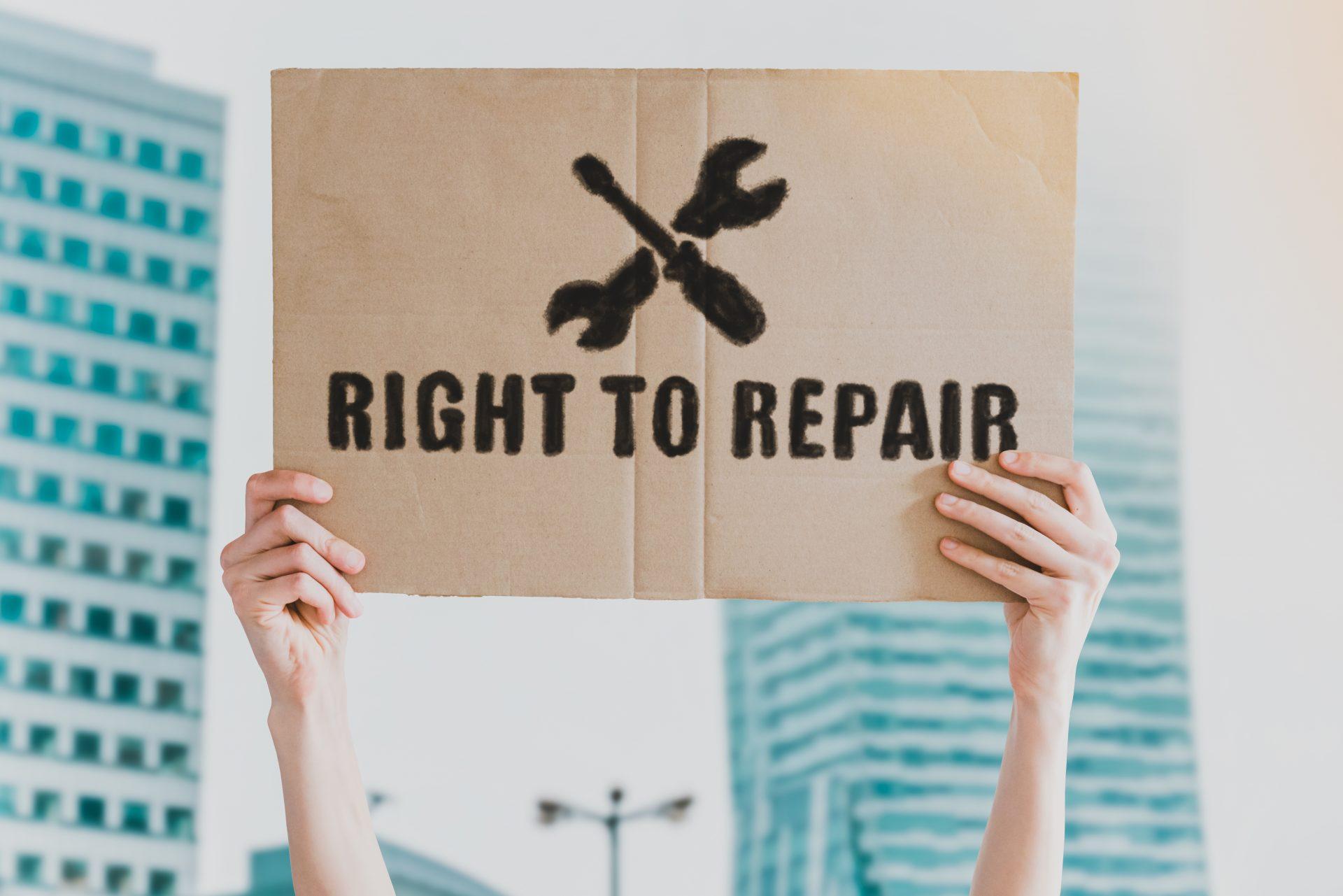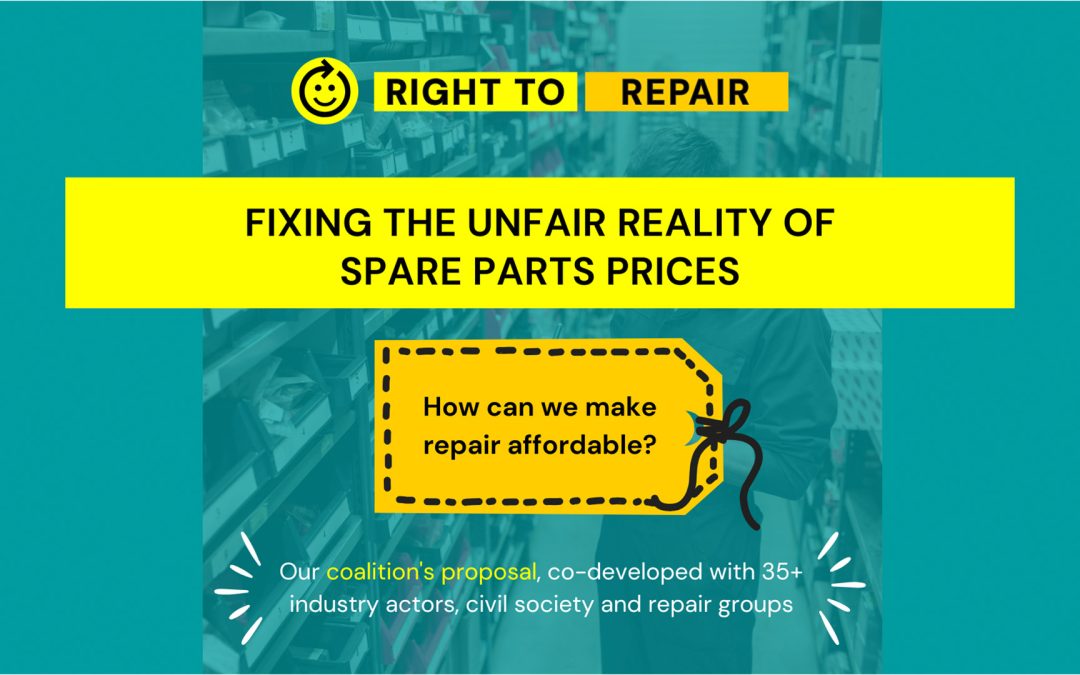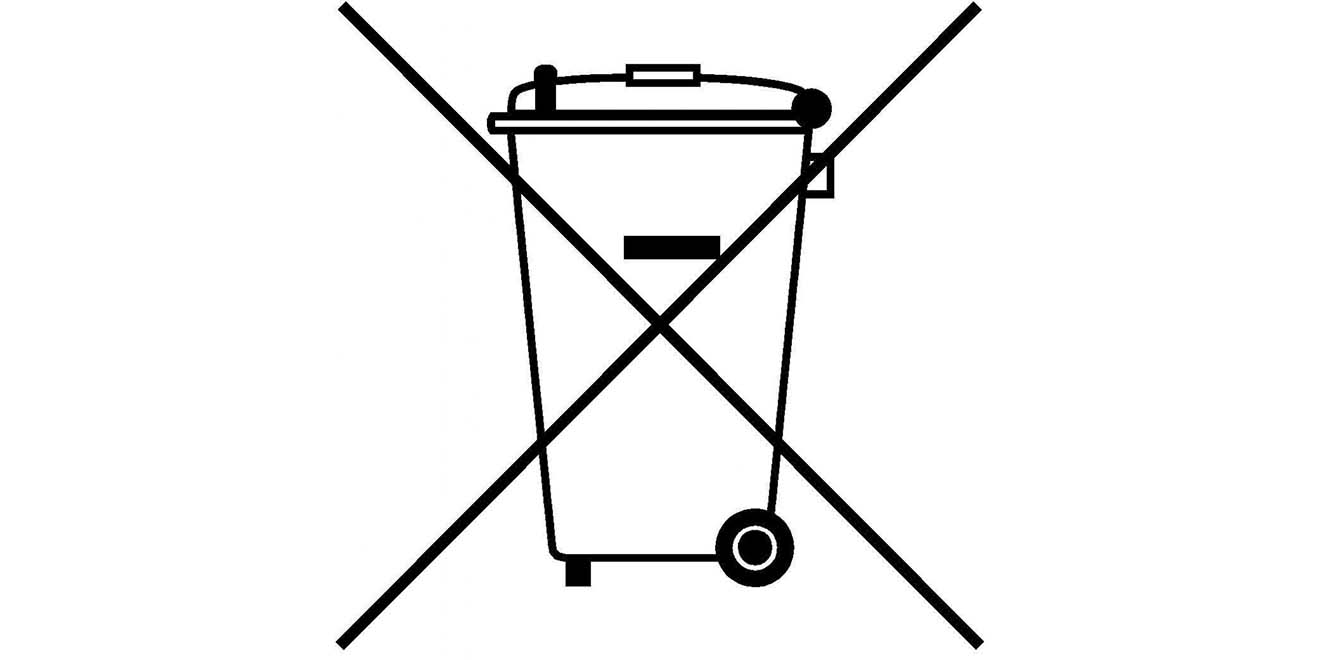 Laura Heywood penned an article, responding to a recent report in which the US Federal Trade Commission confirmed that large companies are hurting small businesses, undermining ownership rights, and hurting the planet with their anti-repair actions.
Laura Heywood penned an article, responding to a recent report in which the US Federal Trade Commission confirmed that large companies are hurting small businesses, undermining ownership rights, and hurting the planet with their anti-repair actions.
Twenty years ago, UKCRA approached MEP Chris Davies regarding the restriction by printer manufacturers on certain spare parts in the UK to independent printer repair centres. Without the part, the repair could only be carried out by the printer manufacturer. The part in question was a small plastic part for an inkjet printer called the clutch actuator that being plastic would usually wear and cause the paper to jam on exit. To repair (replace the part) the printer manufacturer’s repair centre’s charge was £80 ($112/ €93).
Worse still there were printer design features that actually prevented the printer itself from being disassembled in order to be repaired. This led to many printers being discarded either because of the high cost of repair by the printer manufacturer to consumers or just the inability to be repaired.
UKCRA said: “We welcome the US Federal Trade Commission’s findings quoting the Magnuson-Moss Warranty Act that prohibits a warrantor of a consumer product from voiding the warranty if carried out by someone other than the dealer. Besides hurting small businesses from their ability to repair and loss of jobs it is totally against green initiatives.”
Another area of concern discussed at the meeting all those years ago was the rise of smart chip technology that prevents a toner or inkjet cartridge from being reused again. This is a concern that even today exists and continually prevents the registration of the replacement cartridge in the printer from printing.
Mr. Davies, who at the time sat on the Environment Committee of the new WEEE Directive that was in the last stages of wording, introduced at the 11th hour wording that a product must be designed to be reused.
There was much resistance to his proposal, mainly that reuse should not belong in a waste directive. But he persisted, Heywood added. Having the foresight to realise that this was a very basic part of any important regulation, he refused to vote. Finally, in the early hours of the morning following hallway discussions and compromises, the last part of the WEEE Directive was concluded along with the inclusion of Article 4 – that a product must be designed to be reused.
It was seven years later when printer cartridges were finally included in the WEEE Directive following its recast.
In her article Heywood writes: “However, all these years later the cartridge remanufacturing Industry is still being faced with toners and inkjets that still are prevented from functioning. Not only is it frustrating for the consumer but it also causes more jobs to be lost in the reuse industry.
“The right to repair (reuse) – or technology that prevents a cartridge from being recognised should never be restricted. It not only takes away a consumer’s fundamental right to choose where he wants his product repaired but also what product he wants to use in his printer. The hope for the future is that national consumers organisations like Euroconsumers will continue to challenge the printer manufacturers and advocate for EU policies as well as consumers everywhere to continue to complain and ask for regulations to be implemented that these practices must cease.”



















